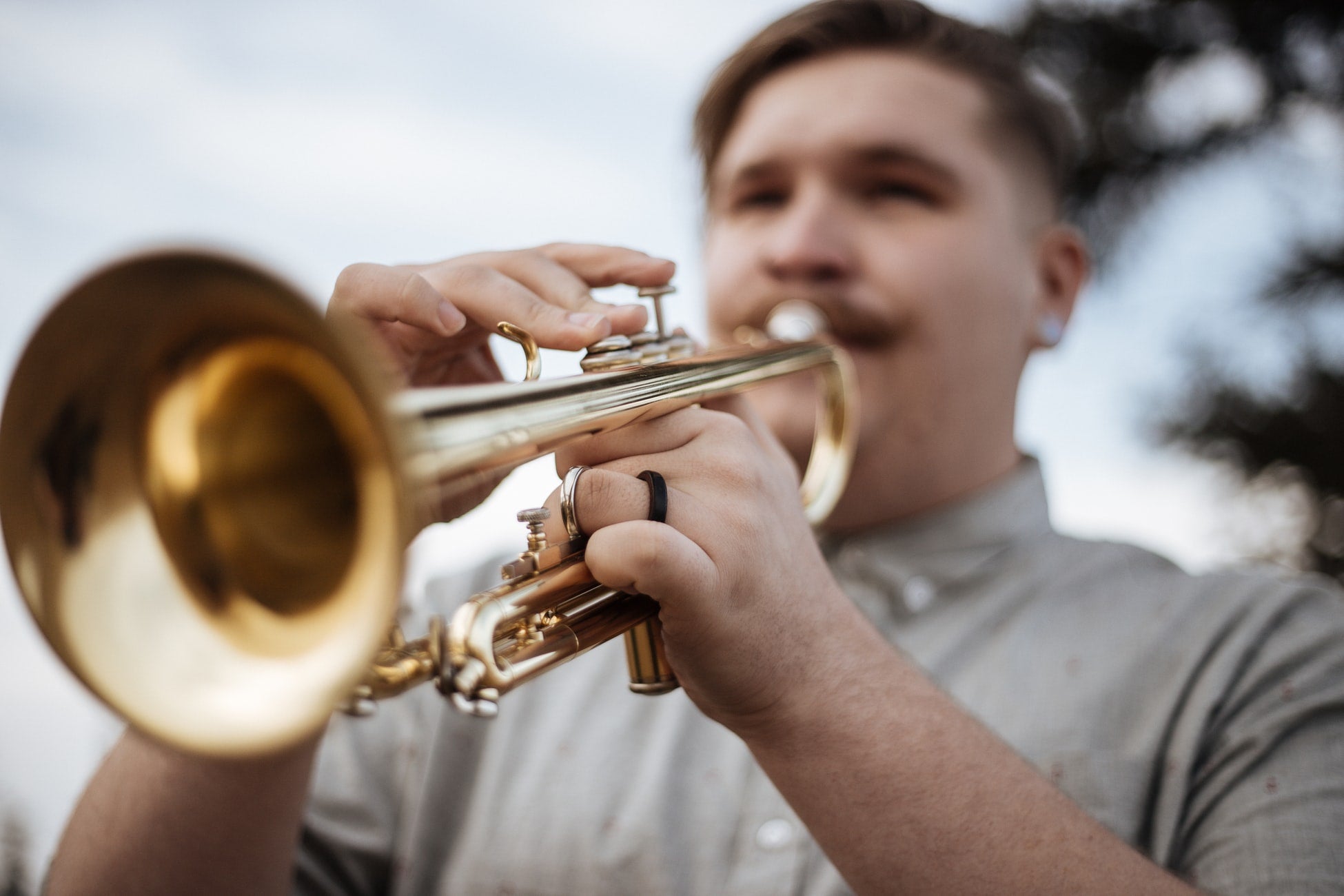Let me start with this: I listen to music a lot. I had a ton of LPs that I gave to friends because we were moving to downsize. I have more than 1,000 compact discs on shelves in our garage no room in the house).
All of those CDs have been uploaded to my iTunes library. And finally, because I have maintained my student email address, I can get an Apple Music student discount (lifelong learning, right?). I can download as much music as I want and keep it on my iPod and computer for as long as I have the account. In my classes, I learned something about the positive effect music could have on us as older adults. I think it’s worth sharing.
Before getting into the specific effects music can have on our brains, I want to share the results of a couple of studies I learned about. The first is a study done in Italy-the researchers discovered that singing on the balcony fostered a sense of community and, as a result, reduced loneliness among people in general, but especially older adults. The music connected people. Another was a clinical study set in a senior living facility. Participants listened to music for 75 minutes a week for 12 weeks. The researchers found that throughout the study, word recall and verbal fluency increased. This is consistent with the science-music activates different regions in the brain, leading to improved language, memory, and processing of information.
As noted above, music can aid in the reduction of loneliness. If the listener is able to connect with music that they care about, that can help them feel less alone and if they are in a social setting, to be more open to engaging with others around them.
Music can also help memory as we age. Listening to music with which we are familiar and associated with past life experiences can help unlock memories. This because often, our memories are intertwined with music. For me, when I hear certain songs or listen to a particular artist, I can remember incidents, places, where I was, people I was with, etc.. This is especially true for me when I hear ‘50s rock and rhythm and blues and a range of music from the ‘60s and ‘70s: folk, rock, blues, and country. I may remember a concert, or just being somewhere with friends. For example, whenever I hear the song “You Ain’t Goin’ Nowhere” by the Byrds, I think about Noyes Lodge, a cafeteria I used to hang out at when I was a student at Cornell University. I remember eating breakfast there while the song was playing on the jukebox. I don’t ever think about Noyes Lodge unless I hear that song.
Listening to music can elevate a person’s mood. Music is processed in what’s known as the limbic system.
The limbic system controls certain “feel good” chemicals in our brains. So, when we listen to music we enjoy, those chemicals help put us in a good or a better mood. Some medical professionals contend that listening to music consistently can help relieve depression. Again, on a personal level, often when I’m down, I’ll put on some upbeat rock ‘n roll, and I’ll begin to feel a little better. Back when I did union work, if I were nervous about going into an important grievance meeting or arbitration, I’d play some Springsteen in my car, and by the time I got where I was going, I was a lot less nervous and ready to do my job.
Patients suffering from chronic pain and pain, in general, may find relief through Music Therapy. Through a process that features music, a patient can learn relaxation techniques that help with pain management. For example, Music Therapy can help people learn to meditate, which can reduce chronic pain intensity.
Music Therapy is also employed to help people suffering from severe conditions to regain strength and movement. It has been used with Parkinson’s patients to help them increase their ability to move. For stroke victims, combining music with their physical therapy can reduce the drudgery of those sessions. Also, since stoke victims may lose their ability to walk rhythmically, music added to their physical therapy sessions may enhance the process of restoring that ability.
Finally, Music Therapy can be used to help improve speech, which may be lost due to Parkinson’s or a stroke. In one study, people living with Parkinson’s who sang as part of their therapy improved their respiratory functions, which enabled them to improve their ability to speak. For stoke victims, Music Therapy has also helped many regain their ability to speak.
Just a note in closing: people’s choice of music is personal and individual. I want to hear what I want to hear when I want to listen to it. When I’m exercising and listening to music, it has to be what I choose to listen to at that time. For example, the gym that my Silver Sneakers benefit so graciously pays for offers “Pump” classes at no additional cost. “Pump” is a franchised exercise program that involves weights (participants self-select the weight they use).
It’s a well-planned program, the teacher at my gym is excellent, but after one class, I stopped going. I wouldn’t say I liked the music; it didn’t move me, and if it doesn’t move me, it gets in the way of whatever I’m doing. That’s me. If it’s you, find the music you love and listen to. If you don’t have a music collection, figure out how to use Spotify or subscribe to Apple Music or Amazon music. You’ll likely find what you love there. If you do this, I can pretty much guarantee that your brain will thank you.
This article is intended for general informational and educational purposes only, and should not be construed as financial or tax advice. For more information about whether a reverse mortgage may be right for you, you should consult an independent financial advisor. For tax advice, please consult a tax professional.















I WANT TO KEEP UP TO DATE ON RETIREMENT TRENDS
Follow Us.